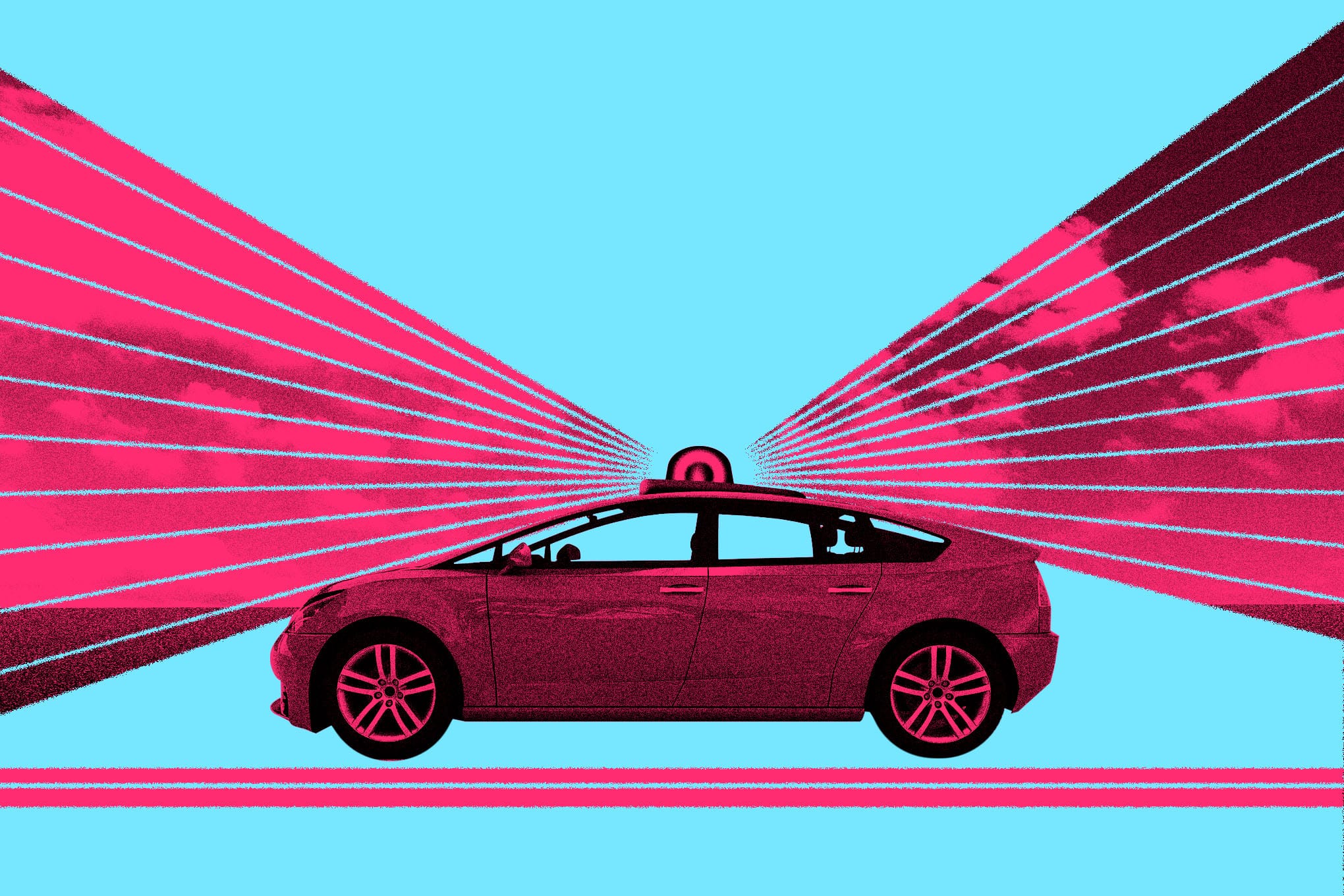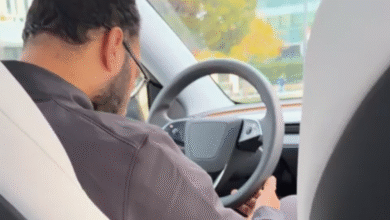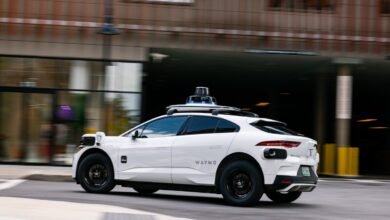Trump Revises Biden’s Auto Crash Rule to Favor Tesla

▼ Summary
– President Trump’s transportation department has decided to retain a Biden-era rule requiring automakers and tech companies to report crashes involving autonomous vehicles, but with significant changes.
– The original rule mandated reporting crashes involving fully autonomous vehicles or Level 2 driver-assist systems within 30 seconds of a collision, impacting companies like Tesla.
– The revised rule now requires reporting only for crashes involving Level 4 automated driving systems, exempting many incidents involving Tesla’s Level 2 systems unless they result in fatalities or involve vulnerable road users.
– The Automated Vehicle Exemption Program has been expanded to include domestically produced vehicles, allowing for quicker innovation and reduced government-imposed slowdowns for autonomous vehicle operators.
In an unexpected decision, President Trump’s transportation department has chosen to retain a rule from the Biden administration requiring automakers and tech companies to report crashes involving autonomous vehicles. However, they are implementing several changes that will significantly impact one particular company.
In 2021, the National Highway Traffic Safety Administration (NHTSA) established a general order mandating that automakers and tech firms report any crashes involving fully autonomous vehicles or Level 2 driver-assist systems. This regulation required companies to document incidents when an automated driving system was active within 30 seconds of a collision and report these to the government.
Last year, it was reported that Trump’s transition team was contemplating eliminating this crash-reporting rule, mainly to benefit Tesla. Tesla’s Autopilot and Full Self-Driving features, both classified as Level 2 driver assist systems, fall under this rule. Since its implementation, Tesla has reported over 1,500 crashes to federal authorities. Analysis indicates that Tesla was responsible for 40 out of 45 fatal crashes reported under this mandate.
The administration has decided to keep the rule but with a few significant modifications. The U.S. Department of Transportation (USDOT) revealed a revised Automated Vehicle Framework, retaining the general order but streamlining the reporting requirements to eliminate “unnecessary and duplicative” elements. According to USDOT Secretary Sean Duffy, this new framework is designed to “reduce bureaucracy and move us towards a single national standard that encourages innovation while prioritizing safety.”
Previously, the rule required reporting any crash involving a Level 2 driver assist system or higher within five days if the vehicle needed towing or if airbags deployed, unless the crash involved a fatality or a vulnerable road user like a pedestrian or cyclist.
Under the revised rule, only crashes involving vehicles with a Level 4 automated driving system need to be reported. Crashes involving Level 2 systems that do not result in fatalities or involve vulnerable road users are now exempt from reporting. This change substantially benefits Tesla, as their Autopilot and Full Self-Driving systems are only Level 2, thereby eliminating many reports that do not involve severe outcomes.
Tesla has expressed strong disapproval of the initial general order, with CEO Elon Musk suggesting it would take a change in administration to overturn it. Musk, a prominent supporter of Trump, spent considerable resources backing his campaign and now leads the Department of Government Efficiency, focusing on reducing government expenditure and bureaucratic processes.
The revision is likely to reduce negative publicity for Tesla concerning vehicle crashes and decrease public transparency on which companies’ vehicles are safer. Additionally, the Automated Vehicle Exemption Program (AVEP), originally limited to imported vehicles, has been expanded to include domestically produced cars. This program was primarily used to import low-speed autonomous shuttles, such as those from French company Navya.
USDOT officials argue that these changes will allow autonomous vehicle operators to be more agile by reducing government-imposed slowdowns. NHTSA Chief Counsel Peter Simshauser stated, “By streamlining the SGO for Crash Reporting and expanding the exemption program to domestic vehicles, we enable AV manufacturers to innovate quicker and spend less time on redundant processes, while still prioritizing safety. These steps are essential for making America a leader in the next generation of automotive technology.”
(Source: The Verge)







